
Ars Electronica Export
-
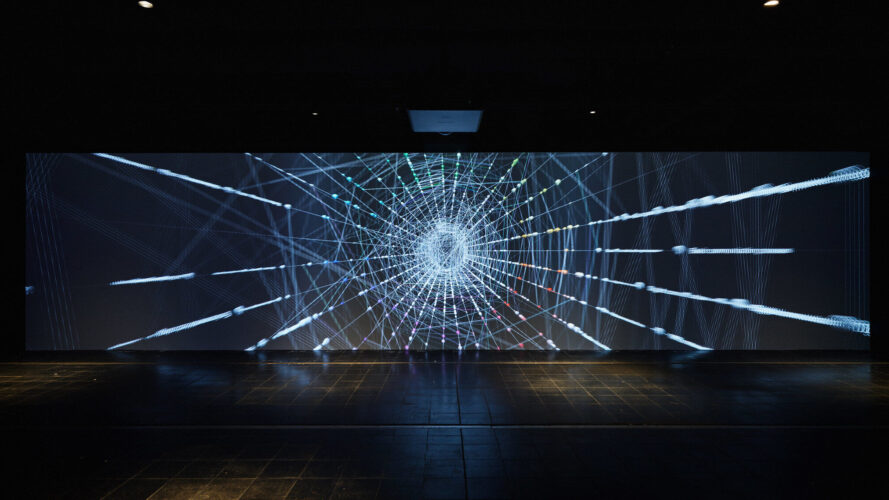
Data Art in dialogue: Artistic Interactions with Technology and Society
Data art transforms complex data into interactive, aesthetic works of art. In “Pulse of the EPO”, the Berlin duo Quadrature uses patent data to explore social and cosmic boundaries.
-
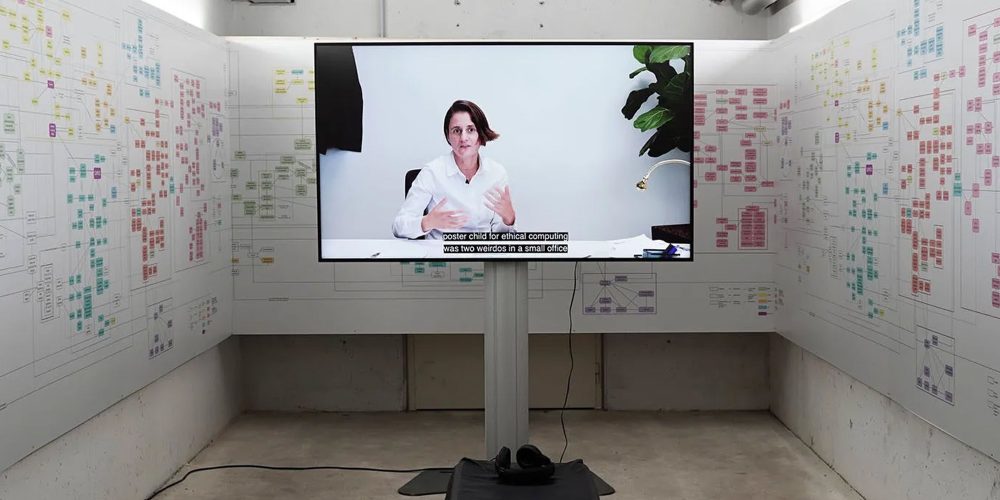
This was the third ArtScience Residency enabled by Art Collection Deutsche Telekom
We look back to one more year of the ArtScience Residency that was made possible through the support of the Art Collection Deutsche Telekom.
-
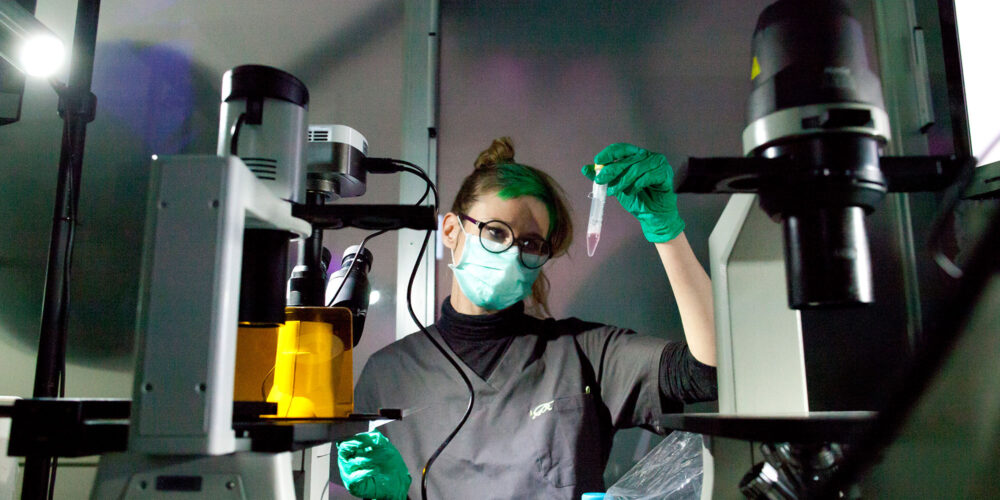
What about AIxxNOSOGRAPHIES?
For the third round of the ArtScience Residency Rainald Schumacher met artist Špela Petrič, the winner of the 2023 edition, for an interview.
-
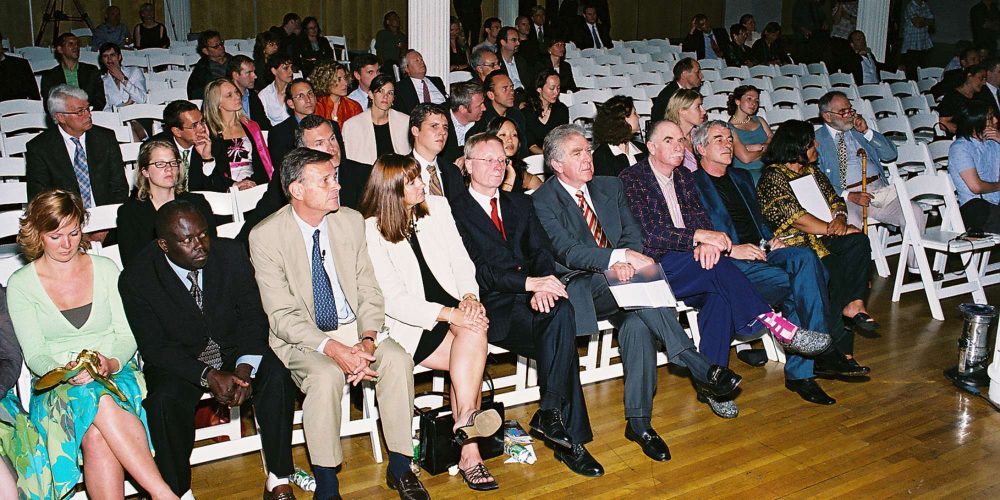
Throwback: Ars Electronica goes international
On the occasion of its 25th anniversary in 2004, the time seemed ripe for Ars Electronica to finally go global.
-
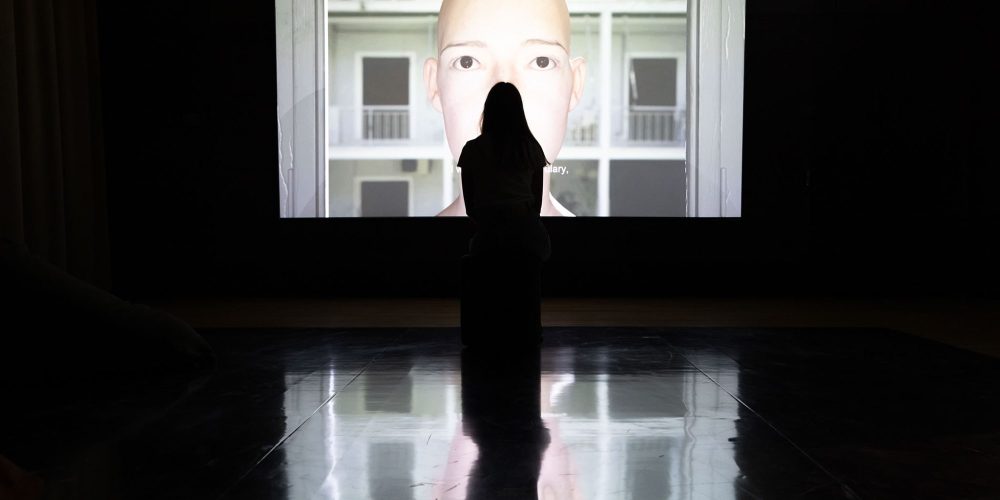
It’s a wrap! This was the first ArtScience Residency enabled by Art Collection Deutsche Telekom
AI, bias, listening infrastructures and art: Laura Welzenbach, Head of Ars Electronica Export, is looking back at the first year of the ArtScience Residency enabled by Art Collection Deutsche Telekom.
-
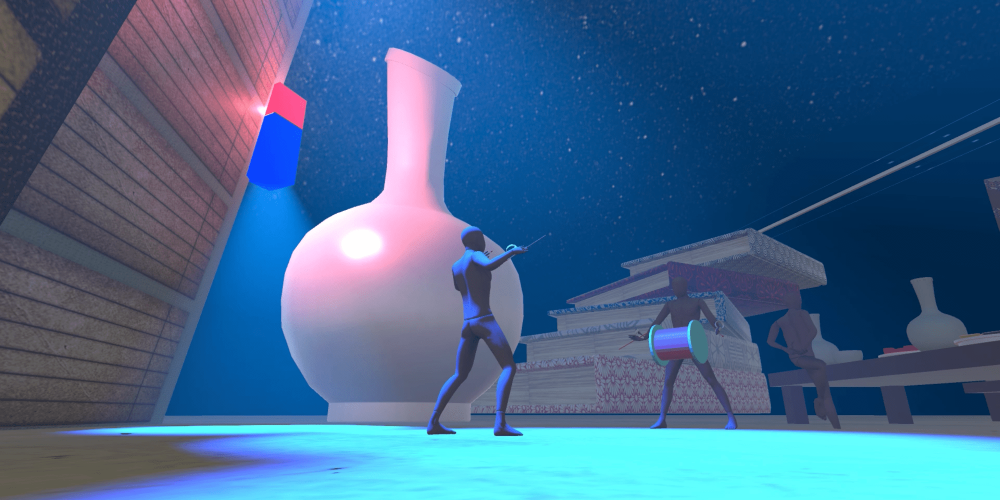
K’ARTS Garden: “Our work is fresh and fun”
Ars Electronica accompanied K-ARTS students for one semester. The result were eight artworks that will be shown at the Ars Electronica Festival.
-
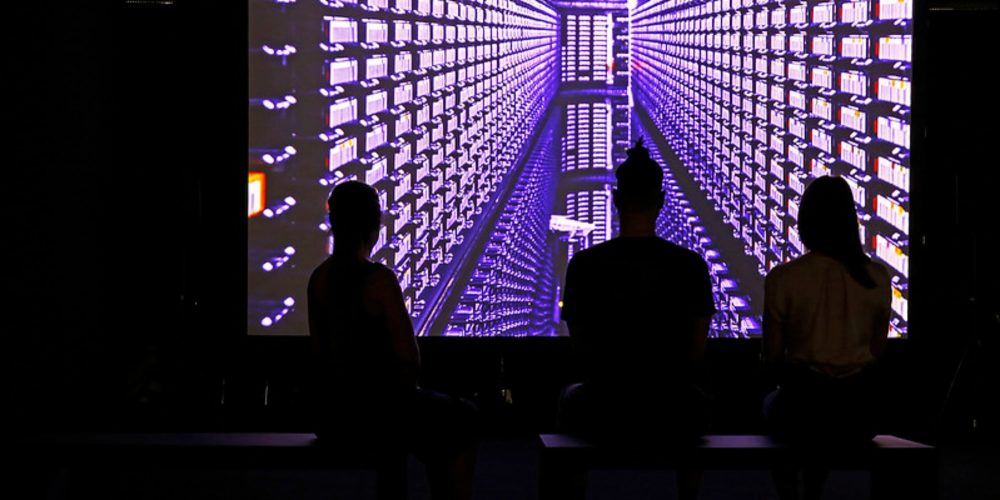
The Voice of the Future
As part of the ArtScience Residency Program enabled by the Art Collection Telekom artist Kyriaki Goni is working on a project that focuses on the voice of digital assistants and the problem of surveillance.
-
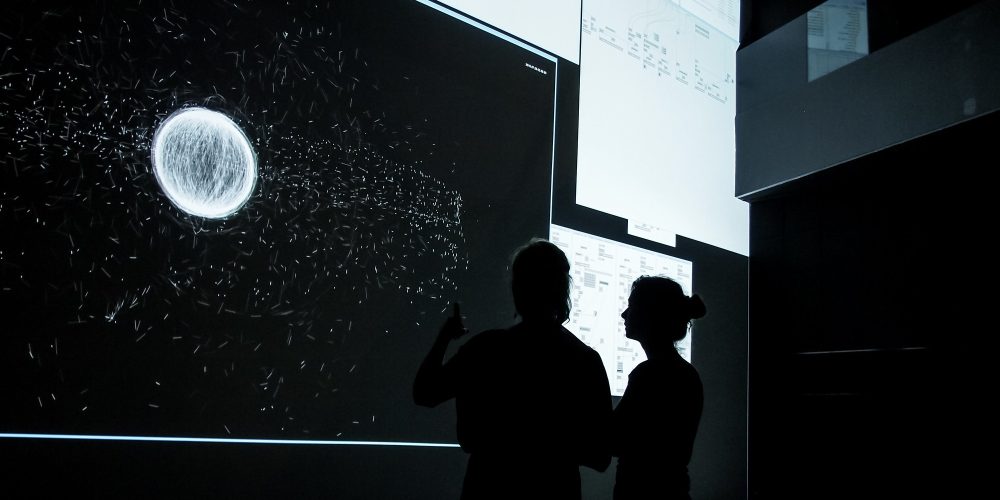
How art and science can benefit from each other
Ars Electronica and the ArtCollection Deutsche Telekom are collaborating to select artists for a residency at the interface between the fields of art and science. To kick off the partnership, we spoke with both sides about the importance of Art&Science.
-
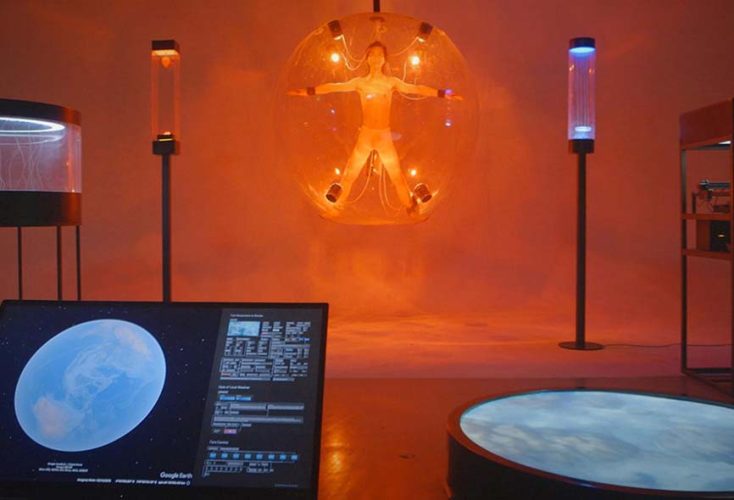
All connected, all affected
Shaun Hu’s works explore the relationship between humans and nature in the digital age. “Internet of Everything: All Connections” – currently part of the “human (un)limited” exhibition in Beijing – shows how everything around us is not only connected but also affected.
-
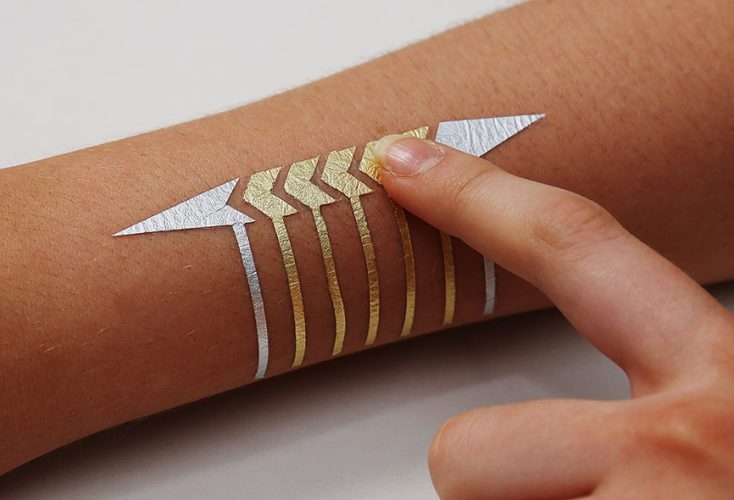
DuoSkin: Like a Second Skin
Nice metallic tattoo or modern on skin interface? Based on the aesthetics of temporary skin jewelry on skin, DuoSkin creates devices that allow users to control their mobile devices or display and store information on their skin. The project is currently part of Ars Electronica’s “human (un)limited” exhibition in Beijing.
-
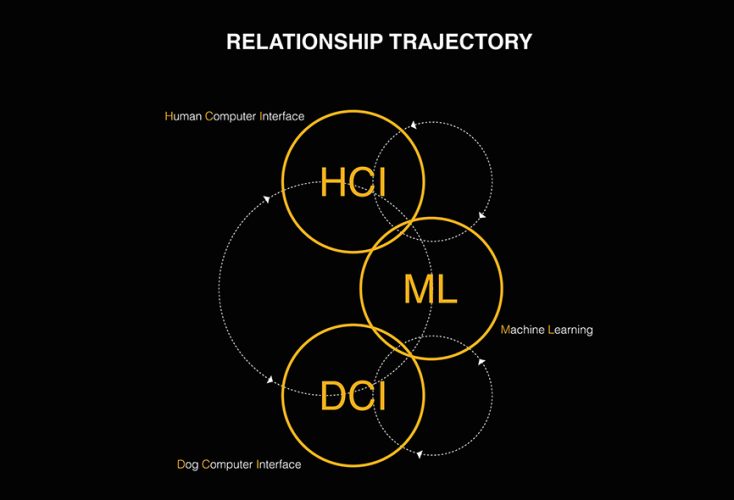
“Our existence may not be limited to machines”
Maja Smrekar’s “!brute_force” – also part of the human (un)limited exhibition in Beijing – deals with the relation man-dog-machine. The basic statement of the work is: Even if we need technology, our existence must not be limited to machines.
-
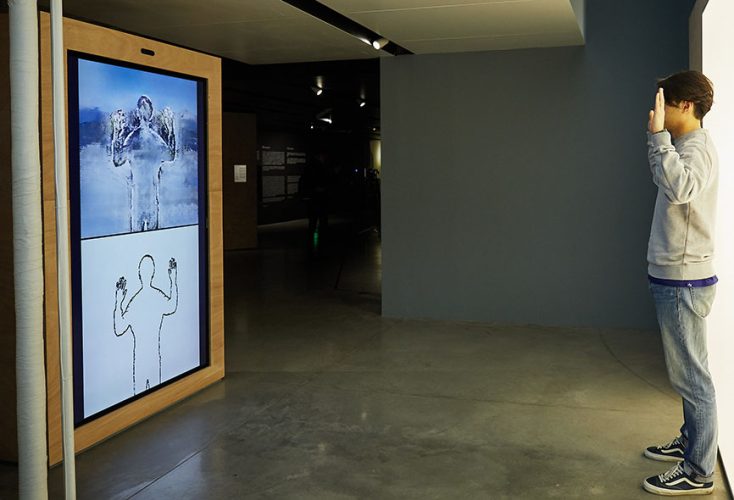
“It’s about what people can do with technology”
The Ars Electronica Futurelab’s “ShadowGAN” project is part of the “human (un)limited” exhibition series currently on show in Beijing, Seoul and Moscow until the end of February. The focus is not on technology as such, but on the human being itself, including its weaknesses and strengths and its eternal search for a place in the…
-
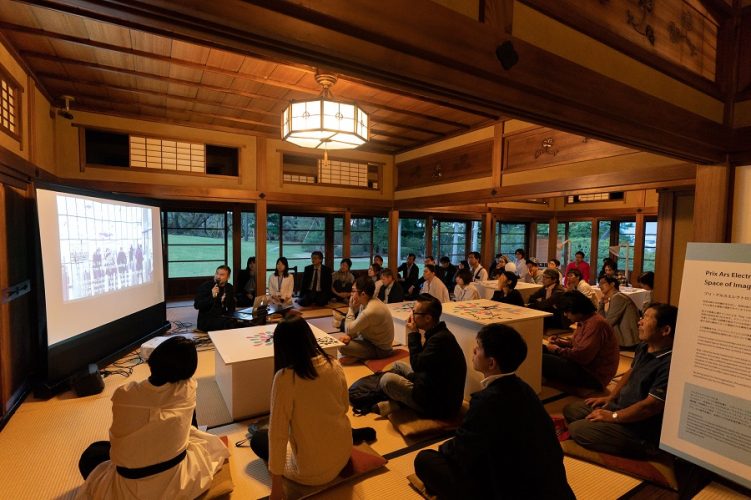
The Ars Electronica Salon at Matsudo International Science Art Festival
From November 16 to 17, the Ars Electronica Futurelab will be a guest at the International Science Art Festival in Matsudo, Japan with the Ars Electronica Salon, exploring the theme “Future Citizen.” We learned more about it in this interview.
-
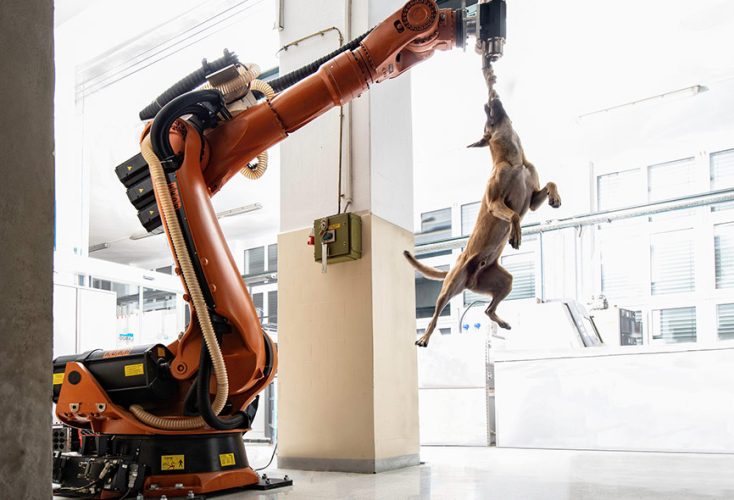
Exploring human limits
Thanks to our creativity and inventiveness, what limits have we overcome and made the supposedly impossible possible? What consequences does this have for us, for our self-image and for the importance we attach to ourselves in the world? What old and new limits do we reach despite all our successes – as individuals and as…
-
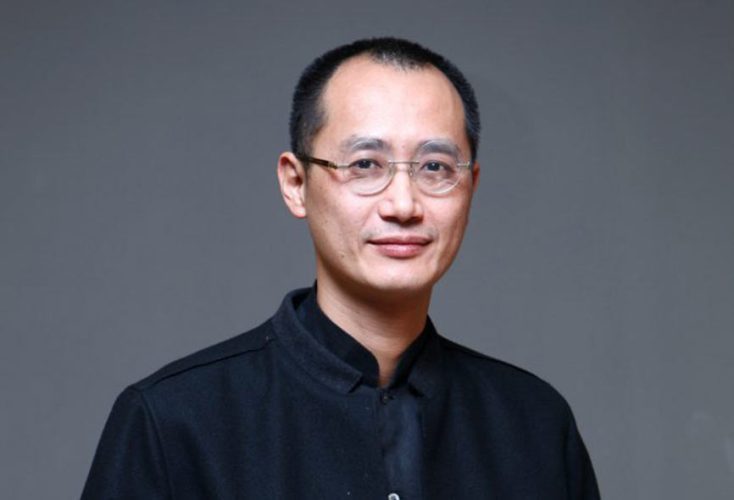
“We always need artists to wake people up”
He is considered one of the most influential contemporary artists in China. On November 2, 2019, Qiu Zhijie of the Central Academy of Fine Arts Beijing, together with the Design Society and his curator colleague Martin Honzik of Ars Electronica, will open the new exhibition “40 Years of Humanizing Technology” in Shenzhen.
-
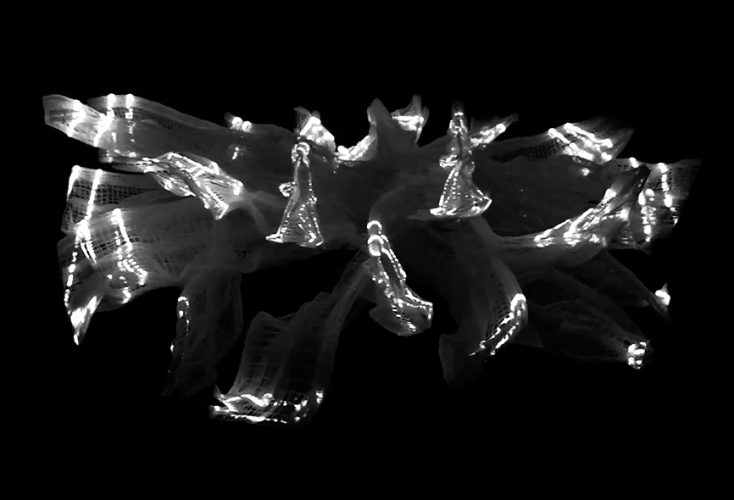
40 Years of Humanizing Technology: How Technology shapes our Society
Technology as an essential human invention or as a self-runner that will overtake us in the future? The exhibition “40 Years of Humanizing Technology – Art, Technology and Society”, organized by the Central Academy of Fine Arts Beijing (CAFA) and Ars Electronica, deals with the question of the antithesis between man and technology that has…
-
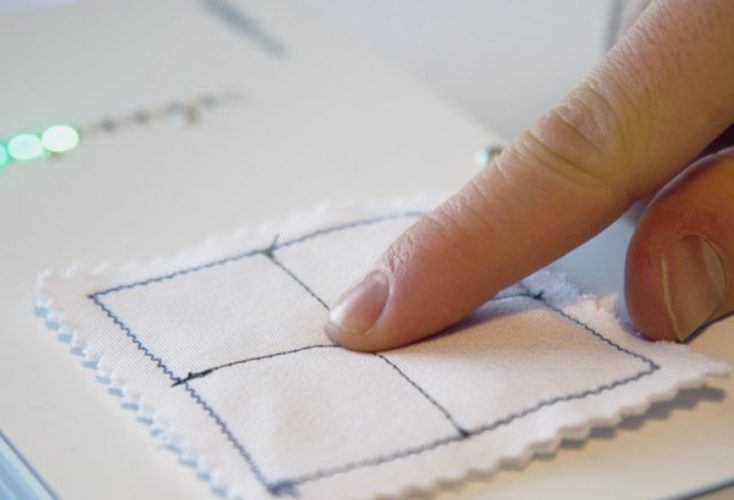
Future in a Nutshell: Smart Textiles
As part of the lecture series “Future in a Nutshell” organized by Ars Electronica for Greiner Technology & Innovation, Michael Haller, Professor at the Interactive Media Department of the University of Applied Sciences Upper Austria and founder and director of the Media Interaction Lab, talks about Imperceptible Textile Interfaces.
-
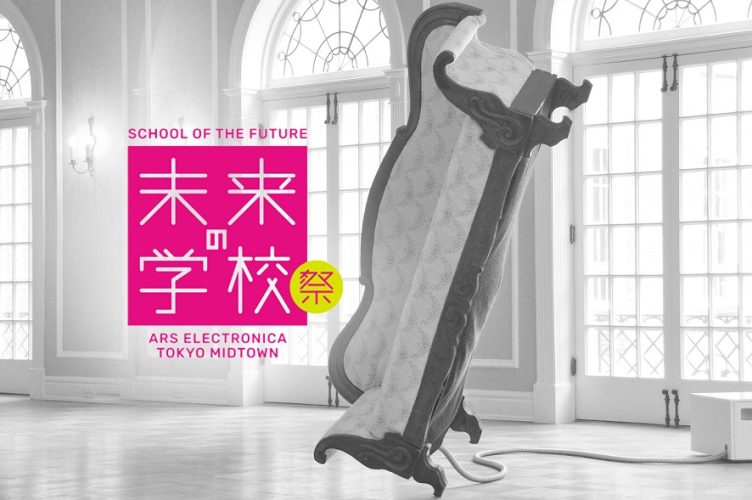
School of the Future Festival: GiriGiri
The first ever School of the Future Festival by Ars Electronica will take place at Tokyo Midtown February 21 to 24, 2019. The theme is GiriGiri – find out what this means and which exhibitions, performances, and talk sessions to look forward to in this interview.
-
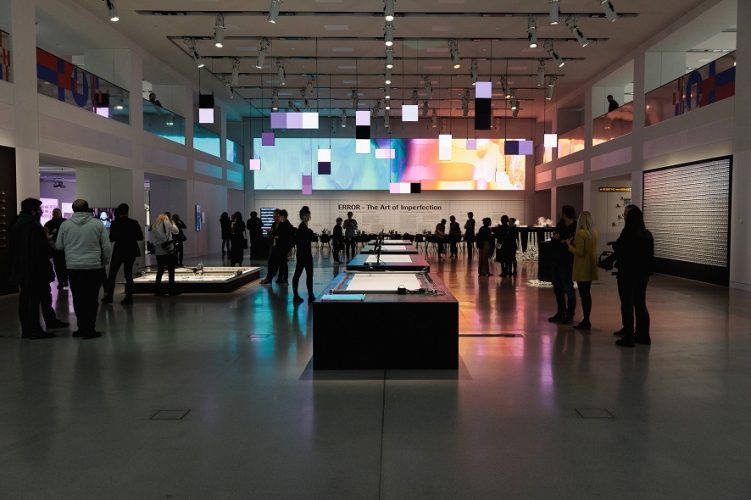
“ERROR – The Art of Imperfection” in Berlin
Ars Electronica goes Berlin – for the seventh time in a row! The latest exhibition at DRIVE. Volkswagen Group Forum is on until March 3, 2019, showing artistic projects that grapple with the theme “ERROR – The Art of Imperfection.”
-
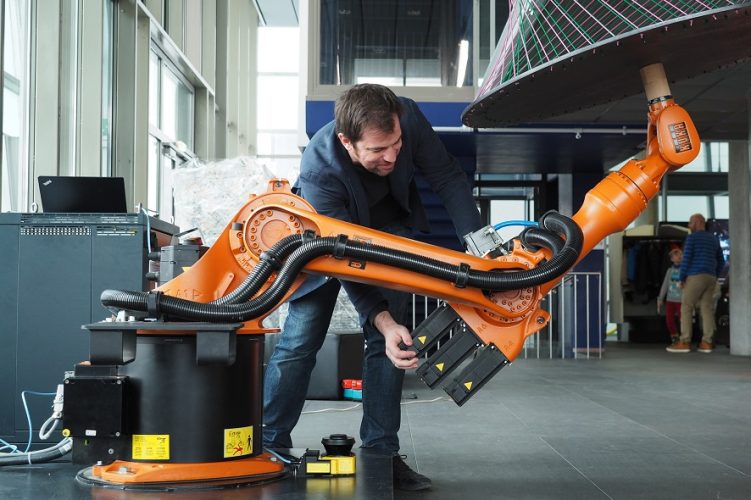
Future in a Nutshell: Creative Robotics
What could the future of robotics look like? As part of the “Future in a Nutshell” lecture series organized by Ars Electronica Export for the plastic producer Greiner, Johannes Braumann, head of the Laboratory for Creative Robotics at Linz Art University, spoke about his work. He also shared some impressions with us in this interview.
-
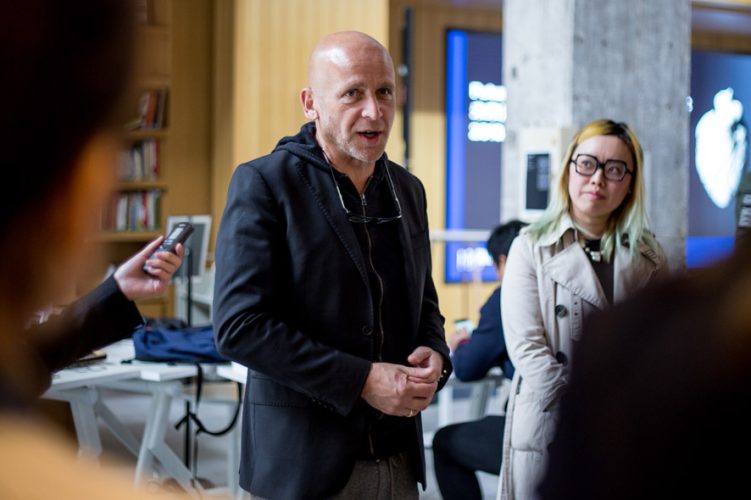
Future Humanity – Our Shared Planet: Is this the future?
In November 2018, Ars Electronica and Hyundai Motor Group will open three exhibitions around the world on the theme of “Future Humanity – Our Shared Planet”. The shows at Hyundai Motor Studios in Moscow, Seoul and Beijing will artistically examine what it means to be human in the future. We found out more in this…
-
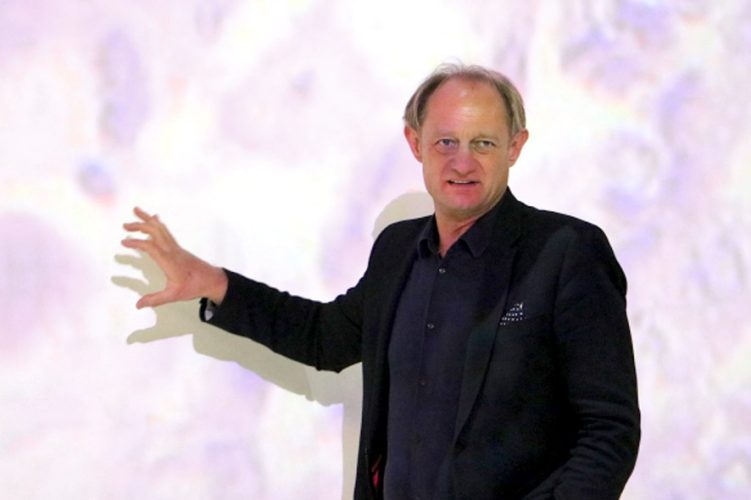
The Internet of Thinking Things
How would it be if everything that surrounds us is intelligent and it’s no longer possible for human beings to perceive what’s happening in the Internet of Things? Professor Alois Ferscha of Johannes Kepler University Linz introduces us to the world of networked thinking things.
-
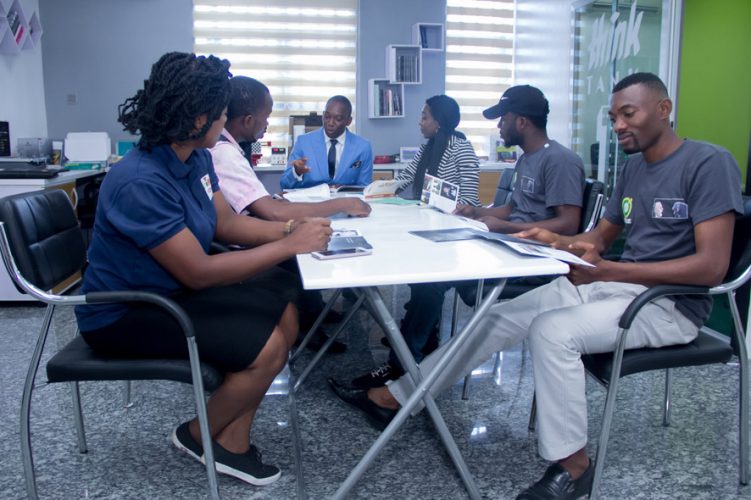
Gallery of Code: Prototypes for Africa
Gallery of Code in Abuja, Nigeria is a multidisciplinary lab that Oskar Ekponimo has established with the support of the Austrian Foreign Ministry, Ars Electronica and other partners. Its target audience is the country’s young generation of students and entrepreneurs. This is where art meets science, talks team up with workshops, and ideas lead to…
-
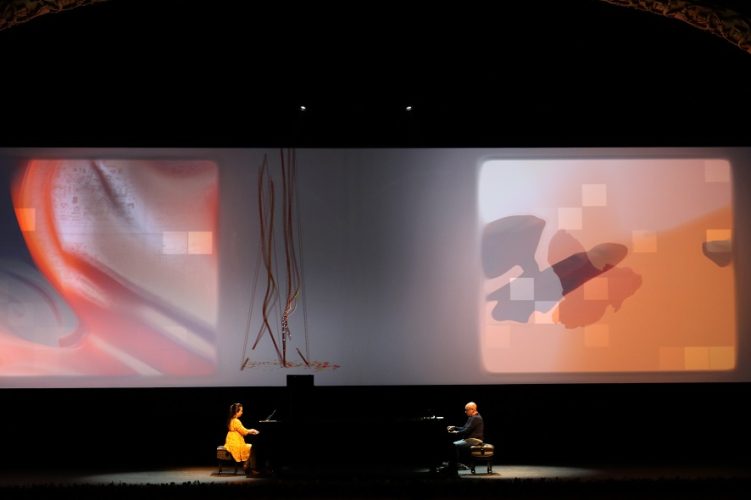
Classical Music Meets Real-time Visualization: Pianographique
Two outstanding pianists, one visualization artist and three challenging pieces are what go into “Pianographique.” This musical co-production of Ars Electronica and the Abu Dhabi Festival combines sound and light—Maki Namekawa and Dennis Russell Davies provide the keyboard artistry at one or two pianos; Cori O’Lan accompanies them with real-time visualizations. Find out more in…
-
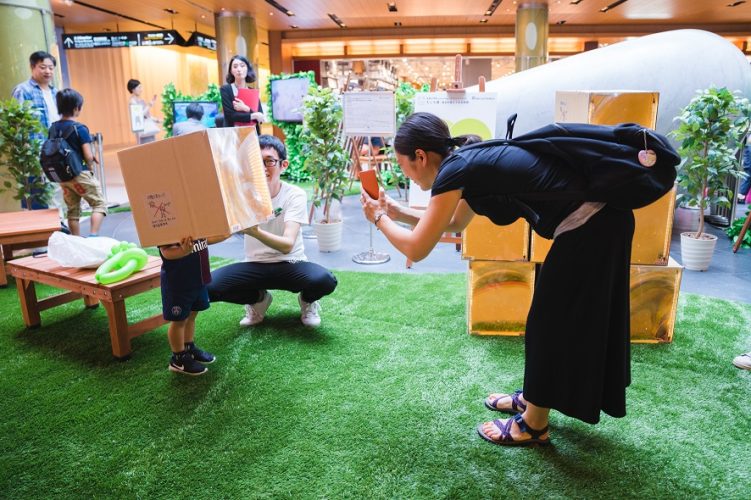
Discussions about the Future in the School of the Future
School of the Future creates the setting for discussions about technology, society and art right in the middle of Tokyo. The format consists of a regular series of temporary exhibitions and round-table discussions that the Ars Electronica Futurelab stages in the Tokyo Midtown complex in the heart of Japan’s megalopolis. Sound interesting? Read on!
-
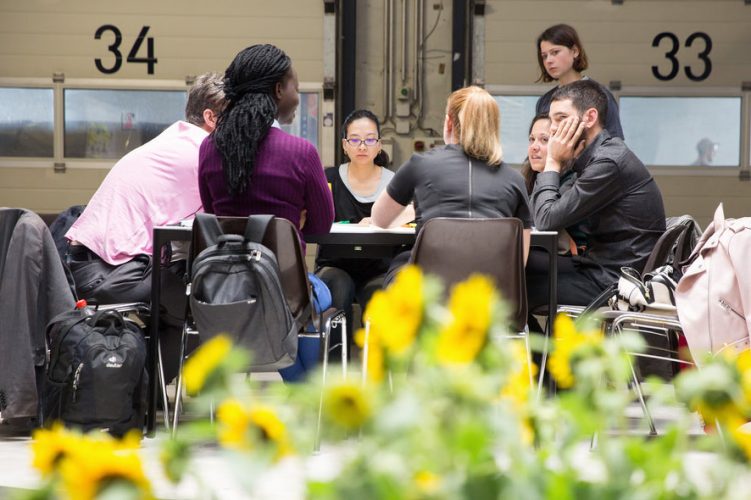
Future Innovators Summit Tokyo: An Interdisciplinary Urban Think Tank
Japanese ad agency Hakuhodo and Ars Electronica invite you to engage in collective brainstorming amidst Japan’s megacity! The Future Innovators Summit Tokyo seeks those tantalized by the idea of being part of a lively interdisciplinary crew confronting the key issues of humankind’s future. The application deadline is February 28, 2018.
-

Digital Design Weekend: The Longing for New Worlds
This is the second time that several young Austrian artists had an opportunity to present their works on Digital Design Weekend in the Victoria and Albert Museum in London.
-
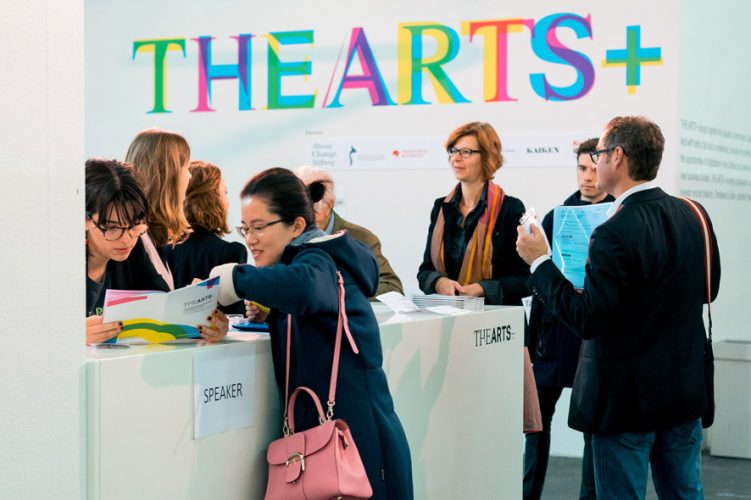
THE ARTS+: Media Art at the Frankfurt Book Fair
What does media art have to do with books, you might ask? The Frankfurt Book Fair just launched its first endeavor to directly connect with the creative economy—THE ARTS+, a new platform for books, art and technology.